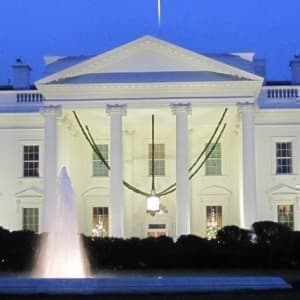The Biden administration signaled Feb. 22 that it is building a case for a globally coordinated crude stockpile release as the Russia-Ukraine tensions keep oil prices above $90/b.
The International Energy Agency said Feb. 22 that member countries “stand ready to act collectively to ensure that global oil markets are adequately supplied.”
IEA members hold close to 4.16 billion barrels in total oil stocks as of end-2021, including 1.5 billion barrels held by governments as emergency reserves. The group of the world’s top oil-consuming countries requires members to hold 90 days of net imports in government or commercial storage.
The Biden administration has “an ongoing effort right now to execute on a plan that’s in coordination with oil producers and oil consumers to make sure the world knows we’re going to have stable energy supplies,” a senior official said on a background call.
“I expect you’ll be hearing more from other countries very soon about that coordination effort,” the official added.
SPR at lowest since 2002
Bob McNally, president of Rapidan Energy Group and a former energy adviser to President George W. Bush, said the White House and IEA statements pointed to a possible stockpile release ahead.
“It sounds like coordination planning is advanced if not about to execute,” he said.
Brent and WTI oil futures have climbed toward $100/b in recent weeks as the Russia-Ukraine tensions pose major risks for energy markets, while optimism of a potential Iran nuclear deal has curbed the increase in recent days.
In November, President Joe Biden ordered a release of 50 million barrels from the US Strategic Petroleum Reserve when WTI prices were about $78/b.
The US SPR held 584.8 million barrels as of Feb. 11, the lowest since September 2002.
Energy prices are the largest driver of US inflation, which is testing Biden ahead of the November mid-term elections that will determine control of Congress and could limit Democrats’ hopes for a green agenda.










